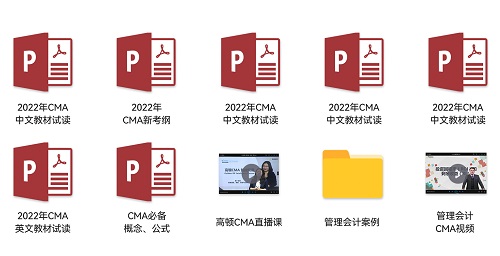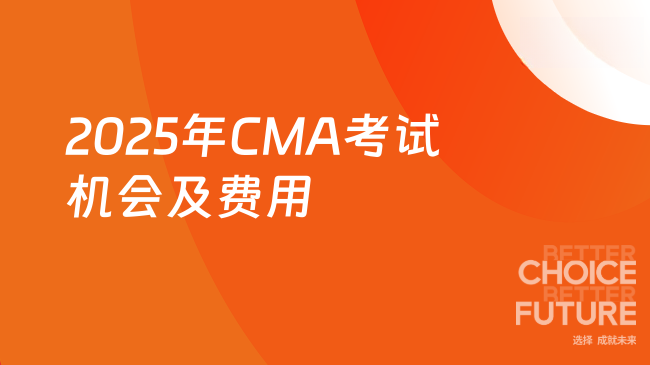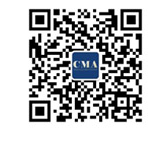| Cumulative | Total Cumulative Costs | |
| Units Produced | Materials | Labor |
| 10 | $60,000 | $120,000 |
| 20 | 120,000 | 192,000 |
| 40 | 240,000 | 307,200 |
At LCB, variable overhead is applied on the basis of $1.00 per direct labor dollar. Based on historical costs, LCB knows that the production of 40 engines will incur $100,000 of fixed overhead costs. The bid request is for an additional 40 units; all companies submitting bids are allowed to charge a maximum of 25% above full cost for each order.
LCB’s rate of learning on the 3-year engine contract is
A. 79.0%
B. 80.0%
C. 62.6%
D. 75.5%
Answer(B):
Answer (A) is incorrect. The rate of learning should be determined by calculating the cumulative average unit labor cost for each doubling of production.
Answer (B) is correct. The learning curve reflects a percentage reduction in time to complete a task for each doubling of cumulative production. An analysis of the materials costs shows that these costs are strictly variable. However, the labor costs are not strictly variable because the cumulative amount at the end of the second year (for which production is double that of the first year) is not exactly double that for Year One. The same is true of the second- and third-year labor costs. The cumulative average unit labor cost for 10 units was $12,000 ($120,000 ÷ 10). The cumulative average unit labor cost for 20 units (representing a doubling of production) was $9,600 ($192,000 ÷ 20). The cumulative unit average for the next doubling was $7,680 ($307,200 ÷ 40). Since $9,600 is 80% of $12,000 and $7,680 is 80% of $9,600, an 80% rate of learning occurred.
Answer (C) is incorrect. The rate of learning should be determined by calculating the cumulative average unit labor cost for each doubling of production.
Answer (D) is incorrect. The rate of learning should be determined by calculating the cumulative average unit labor cost for each doubling of production.
CMA中英文智能题库免费使用,史上最全,考试必备:http://cma.gaodun.com/tiku/






 CMA和MAT分别是什么?二者
CMA和MAT分别是什么?二者  上海
上海  北京
北京  广州
广州  苏州
苏州  杭州
杭州  南京
南京  重庆
重庆  武汉
武汉  南昌
南昌  宁波
宁波  温州
温州  长沙
长沙  西安
西安  济南
济南  成都
成都  福州
福州  郑州
郑州 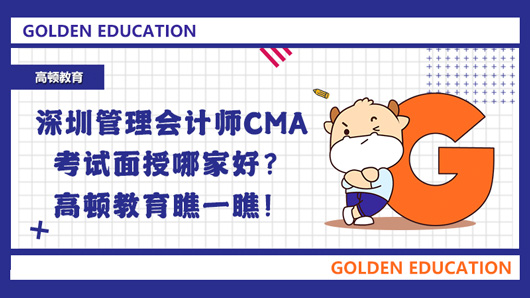
 重要通知:
重要通知: 

 Martin 高顿CMA认证官 免费
Martin 高顿CMA认证官 免费 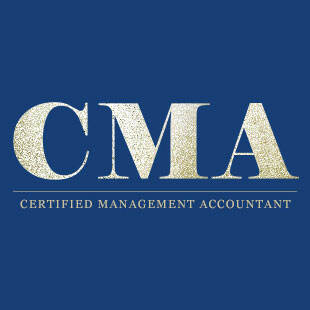 ima协会 财务总监兼副总裁 免费
ima协会 财务总监兼副总裁 免费 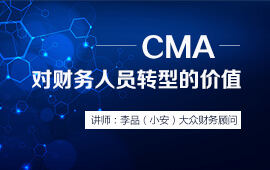
 小安 大众财务顾问 免费
小安 大众财务顾问 免费 
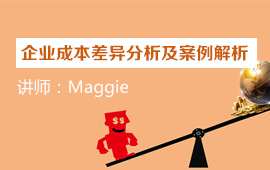



 李品 卡特彼勒、大众高级财务顾问 免费
李品 卡特彼勒、大众高级财务顾问 免费 

